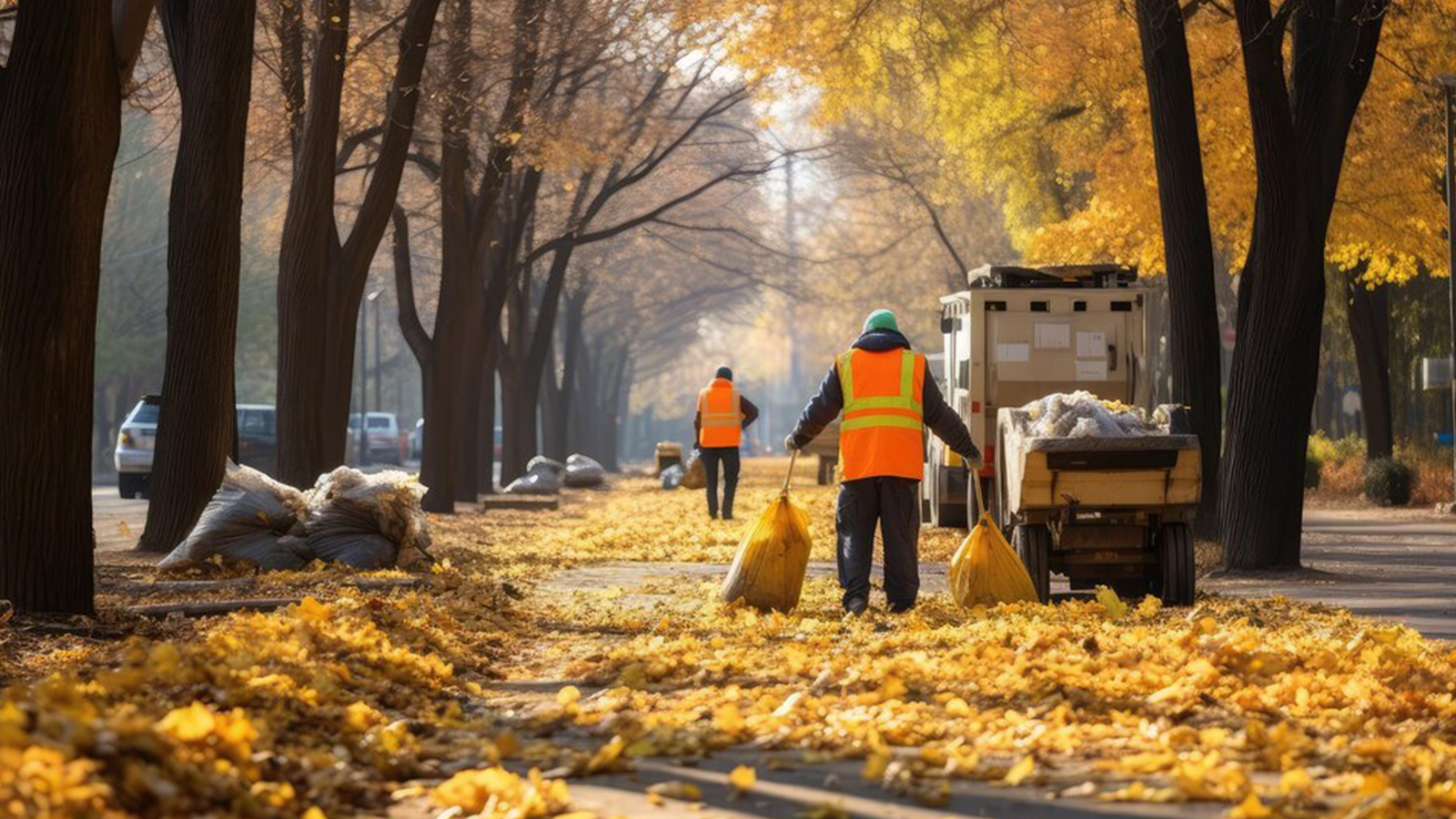The Environmental Impact of Road Hygiene Practices
Maintaining clean roads is crucial for public health and safety, but it's equally important to consider the environmental impact of road hygiene practices. While sweeping streets, applying de-icers, and using various cleaning agents help keep our roads safe and navigable, they can also have significant consequences for the environment. This article explores how common road hygiene practices affect ecosystems, water quality, and overall environmental health.
1. Street Sweeping and Airborne Particulates:
Street sweeping is a common method for keeping roads free of debris, litter, and dust. However, the process can also stir up fine particulate matter, which may contribute to air pollution. These airborne particles can impact air quality, leading to respiratory issues in humans and animals. Furthermore, the sweepers themselves often run on fossil fuels, contributing to greenhouse gas emissions.
2. De-Icing Agents and Water Pollution:
During winter, de-icing agents like road salt are used extensively to prevent ice formation on roads. While effective for safety, these chemicals can have detrimental effects on the environment. When snow and ice melt, the runoff containing road salts can enter local waterways, leading to elevated salinity levels. This can harm aquatic life, disrupt ecosystems, and even contaminate drinking water sources.
3. Chemical Cleaners and Soil Contamination:
To remove stubborn stains, oils, and other residues, chemical cleaners are sometimes applied to road surfaces. These cleaners often contain harsh substances that can seep into the soil, contaminating it and potentially entering the food chain. The long-term impact on soil health can be severe, affecting plant life and the organisms that rely on healthy soil ecosystems.
4. The Impact on Biodiversity:
The cumulative effects of road hygiene practices can lead to a loss of biodiversity. Pollutants from roads can damage natural habitats, making them uninhabitable for certain species. For example, the runoff from roads can create toxic environments for amphibians and fish, while airborne pollutants can affect the health of birds and other wildlife.
5. Sustainable Alternatives:
To mitigate the environmental impact, it's essential to explore sustainable alternatives to traditional road hygiene practices. For instance, using eco-friendly de-icing agents, electric street sweepers, and biodegradable cleaning products can reduce the negative effects on the environment. Implementing green infrastructure, such as permeable pavements and vegetative swales, can also help manage runoff and reduce pollution.
Conclusion:
While road hygiene is necessary for public safety, it's crucial to balance these practices with environmental considerations. By adopting more sustainable methods and reducing reliance on harmful chemicals and fossil fuels, we can protect our ecosystems and ensure a healthier planet for future generations.

